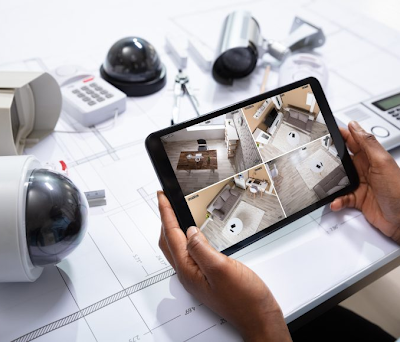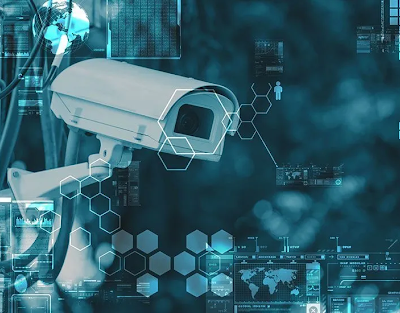If you have never been on the other end of the counter, you might probably wonder what POS is. However, as a new business owner about to set up their own business, investing in a POS system might be worth your while.
Well if you are still not sure about what POS is or how it works, we have compiled everything that you need to know about it. In this article, we hope to explain the basics of investing in a POS system. We have also provided certain insider information from the industry, which is going to benefit you.
Let’s Learn, What is a Point-of-Sale System and How Does It Work?
What is a Point-of-Sale (PoS) System?
Before learning the basics of a POS system, you must first grasp the concept of what it is. It is a system of hardware and software that integrate to perform the tasks of a digital cash register. It processes sales and payment data at the point of purchase and generates receipts, by adding prices and taxes.

There are also several apps that are available to guide you through this tedious process. The apps could either be offline and based on your hard drive or be integrated online by Gmail.
Besides this, it can also help you manage your costs, track and catalog your items, and track inventory, without you having to calculate all of that manually.
Types of PoS Systems:
Retail PoS Systems:
Retail POS systems have relatively simplistic use. The steps involve a customer bringing an item they intend to buy at the counter, the barcode is scanned by sales personnel, and payment is made through the customer’s preferred payment mode. Although it seems simple enough from the customer’s standpoint, as a business owner, there is more to it than meets the eye.

The goal of retail POS systems is to keep it as hassle-free for the customer as possible. Analyzing deeper, the system accurately tracks inventory and logs them by all enlisted categories such as color, style, models, or sizes, manages customer relationships, tracks employee commissions, provides layaway services and features for customers wishing to make larger purchases, and split tenders for customers wishing to use multiple modes of payment for a single transaction.
Restaurant PoS Systems:
Restaurant POS systems are a whole different game when compared to retail POS. These POS systems can be classified into several types depending upon the type of restaurant that you own. These systems however can manage all such types with efficacy and ease. For quick-service restaurants, the POS is integrated with a KDS or kitchen display system that relays the customer’s order to the kitchen staff in real time.

This helps the chefs prepare the meal as per the customer’s specifications. The faster the real-time communication, the more accurate service it guarantees. For full-service bars and restaurants, the system gets somewhat more complex, yet elegant. From table management to reservations, these systems are adept at maximizing your revenue stream while incorporating practices to minimize wait times and delays.
Salon PoS Systems:
This type of POS system depicts the peak of technological expertise the software can offer. Not only salons but spas can also be managed by these systems. As these POS systems handle both services and merchandise, they need to be adept enough to handle the enormous amount of such complexity.

The key facets of these POS systems are to manage online and offline appointments, manage service providers such as stylists, and also employ customer relations management to maximize revenue streams.
Conclusion:
POS systems are the future of managing small to medium-scale businesses effectively. On one hand, they avoid any scenario that may lead to complications for the customers. On the other hand, they also allow businesses to accurately track and catalog their products and services.
POS systems can also effectively employ customer relationship management to ensure growth in clientele and revenue systems. Having said all this, as a business owner you must also look into the costs of running such systems and ensure they do not exceed your budget.
However, all in all, POS systems, when employed correctly will contribute to growing your business.





